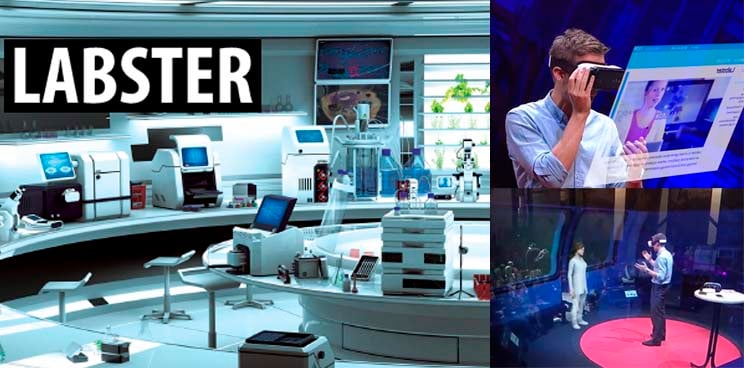
We often cover cutting-edge advances in biotechnology, but less frequently see significant development in biotechnology education…so how about these Virtual Reality Labs in Denmark?
A Danish start-up called Labster aims to disrupt the way we teach students about lab work in the hope of ‘empowering the next generation of scientists to save the world’. We caught up with the Founder and CEO of Labster, Mads Bonde, about how this Edu-tech got started and on his goals for the virtual platform.
Mads has a PhD in Biotechnology and has been teaching at universities and high schools. He is intensely passionate about education, and has become convinced that technology can improve the core science skills and lab experiences schools could give their students.
This was the basis for the invention of Labster’s laboratory simulation platform in 2011.
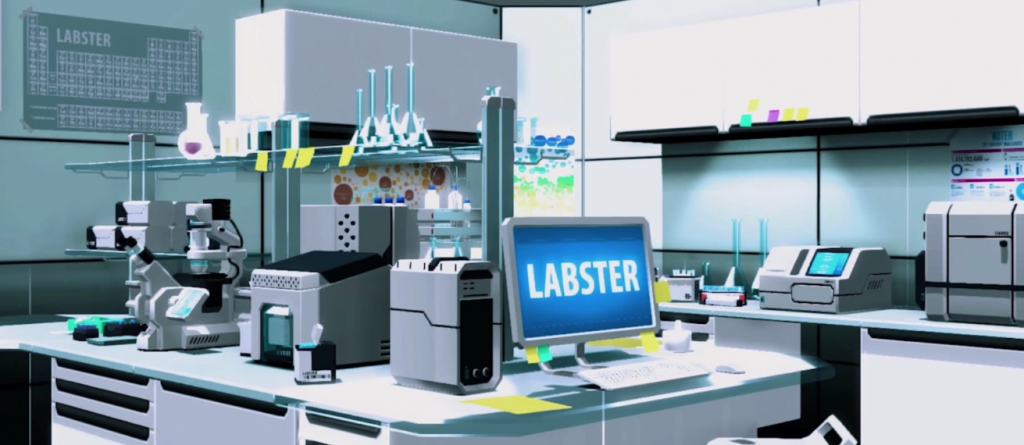
How exactly did the idea for Labster start?
Our main motivation stems from seeing students excited about science education and helping them to learn faster. Many reports document a large proportion of students believing that science is boring, and I am convinced it does not have to be that way.
Most fellow students said it wasn’t actually the science itself, but the way it was being taught that bored them. For example, when the teacher would focus on case stories (such as crime scenes), ethic dilemmas or ‘useful’ technologies, students would actually find this engaging and respond.
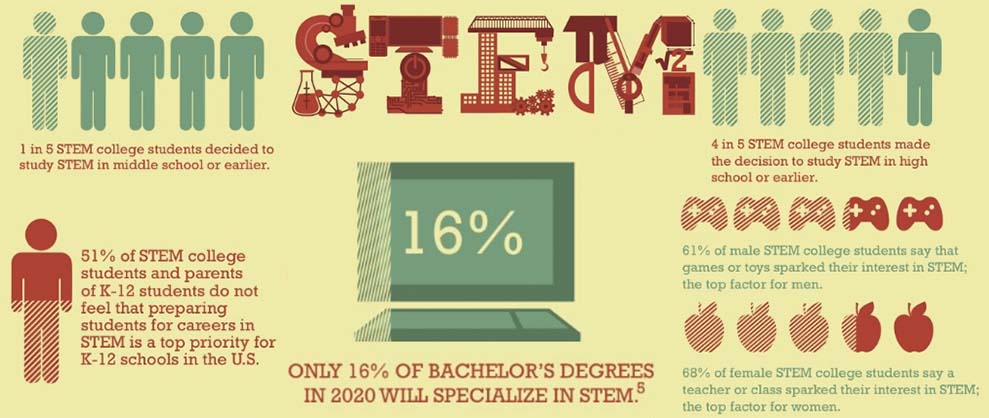
Secondly, I experienced first-hand how resource-intensive it can be when performing experiments in laboratories when I was doing research at Harvard University.
Even as a teacher and researcher in biotechnology today, I still see the many limitations of the available tools for teaching science effectively, such as no access to the latest equipment.
Thus, we created Labster’s virtual laboratory technology and educational 3D software based on these two insights — that you can educate and motivate far more people studying science when the material is fascinating and virtual laboratories are accessible for every student.
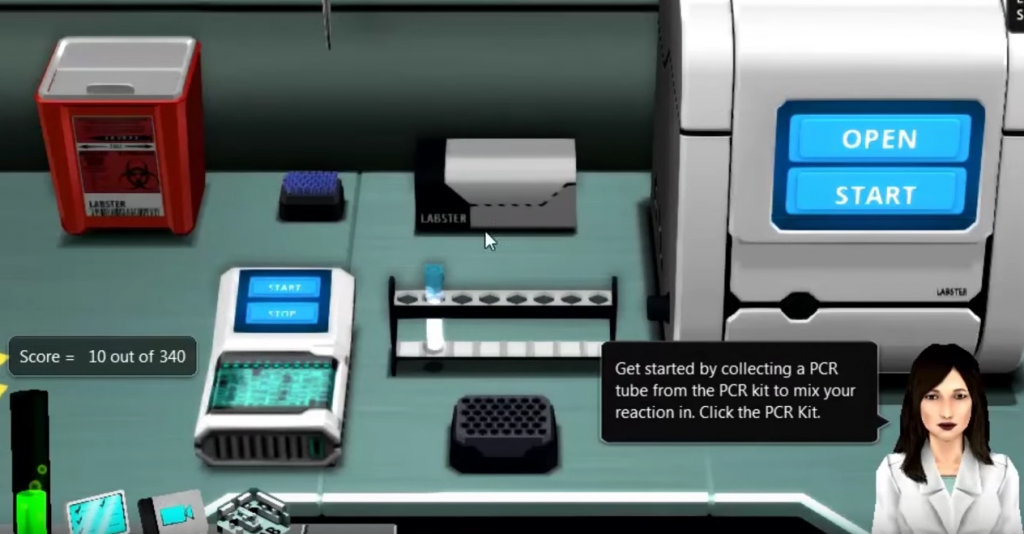
What makes you believe that people will want to play a Science ‘Video Game’?
Our target audience is university administrators, professors, and students who are looking for better ways to teach their students STEM courses with technology.
People are already utilizing our virtual labs all over the world and we have seen great results from working with our partner universities. Thousands of students are currently using our labs at leading universities such as Harvard, MIT and Exeter University (UK).
Labster is built on Unity3D and the edX education platform developed by among others Stanford and Berkeley, with whom we also have partnerships.

Which Virtual Scenario through the program is your favourite?
One of my favorite scenarios is our CSI Lab Simulation, which explores the principles of DNA analysis by taking students through an investigation of a murder mystery.
While investigating a virtual crime scene, students collect blood samples in hopes that the murderer has left traces of DNA. After sampling, the student accesses a virtual lab to perform DNA analysis.
The majority of the case is in the lab, with a core focus on intensive learning, and we use the storytelling to support the learning.
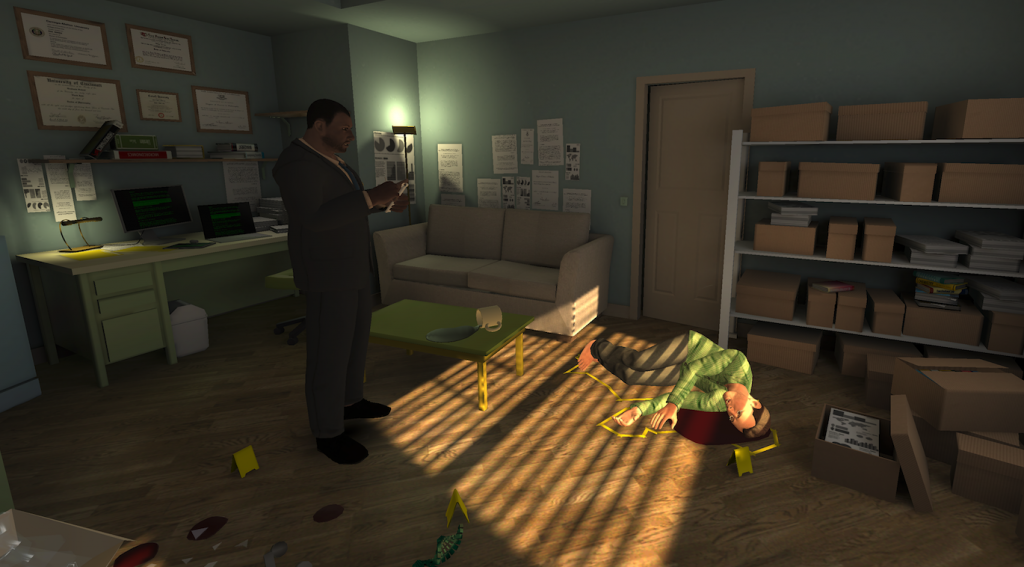
And the Future of Labster…?
Labster has a few competitors, but the key difference between us and them lies in our molecular 3D animations, advanced mathematical models and engaging case stories – with strong support from leading universities.
Whenever we talk with students and science teachers, we always hear two things: How universities are challenged by the high costs of science education, and also how practical labs can be a barrier to bringing science courses online. These are the key problem areas Labster hopes to address.
That is why such virtual labs and virtual learning environments have a place in schools and Education — to inspire and empower this generation of scientists to work on these major global challenges – from Greentech to Cancer.
How is Labster is Reimagining Education?




